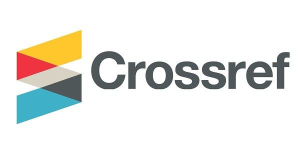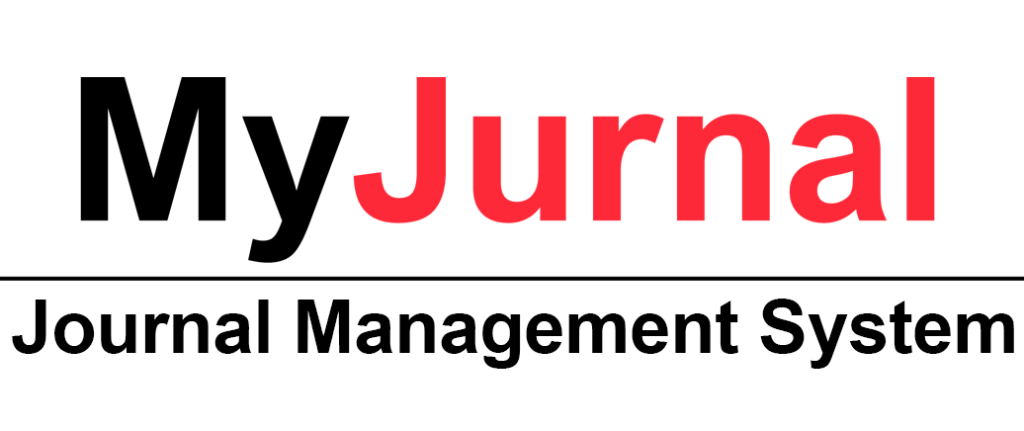The Effect of Concept-Mapping on Secondary School Students’ Performance in Islamic Studies
DOI:
https://doi.org/10.31436/ijes.v4i1.80Abstract
This study examined the effect of concept-mapping instructional method on secondary school students’ performance in Islamic Studies in Oyo State, Nigeria. The study employed a pre-test, post-test control group, quasi-experimental design. The sample comprised Senior Secondary School class 2 (SSS 2) students purposively drawn from three secondary schools in Oyo State. The students in experimental and control groups were in their normal classroom setting (intact classes) and were not reorganized. Experimental group consisted of 45 students exposed to concept-mapping while the control group consisted of 48 students who received no treatment. Data were analysed using t-test, standard deviation and Analysis of Covariance (ANCOVA). Findings of the study showed that there was a significant difference in the performance of experimental and control groups after the treatment. Concept-mapping had significant effect on students’ performance with mean score of x=53.92. Effect of Conventional method was x=22.62. No significant difference existed in the performance in Islamic Studies of students exposed to concept-mapping based on gender, t-cal.( 0.1469 < 2.021) at 0.05 alpha level of significance. The study concluded that concept-mapping instructional method positively improved students’ understanding of Islamic Studies and invariably their performance. The study recommended that concept-mapping should be adopted as a teaching method of Islamic Studies, and that teachers of the subject should improve their pedagogical skills through seminars and workshops.
Metrics
Downloads
Published
How to Cite
Issue
Section
License
The Journal will own copyright to all published works and have the right of first publication, both in print and online, unless other arrangements are made with the Editors in advance. It is the author`s responsibility to ensure that where copyright materials are included within an article the permission of the copyright holder has been obtained beforehand.






















